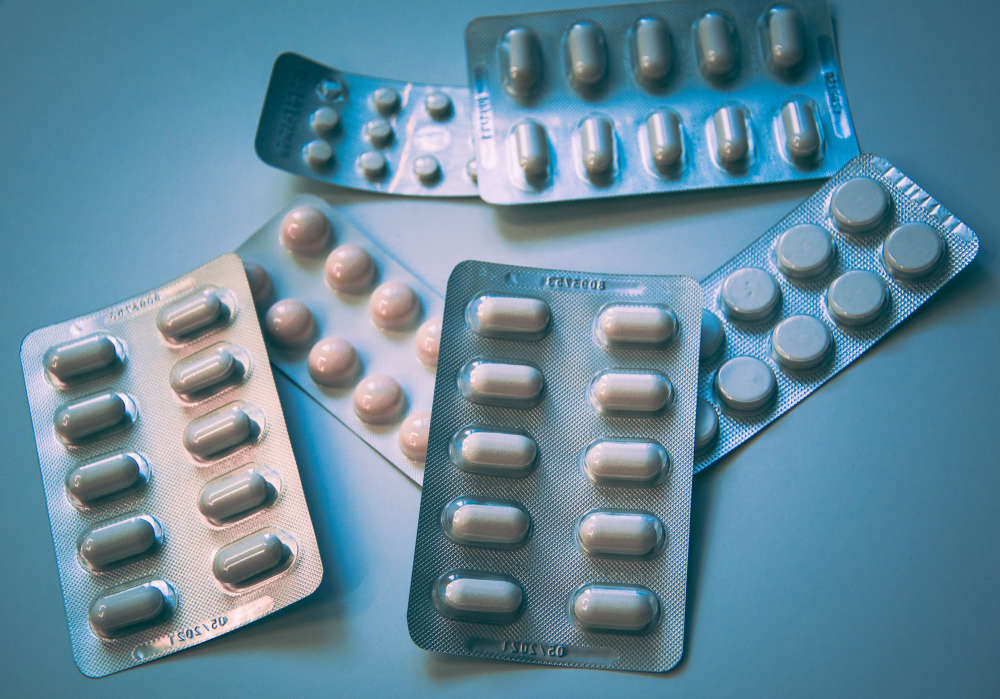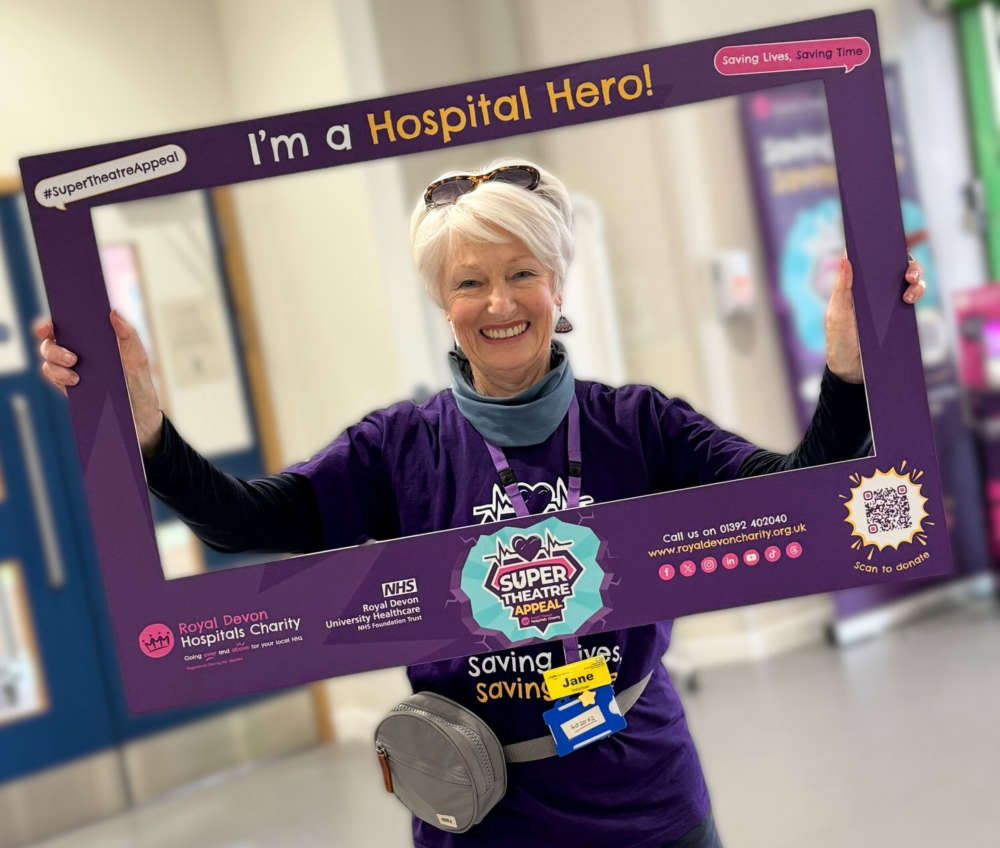
Incorrect dosage can be dangerous
Ensuring that you are dosing your medications correctly is crucial to your health and wellbeing. Unfortunately, many people make mistakes when it comes to taking medications, whether it's taking the wrong dose or not following instructions correctly. These mistakes can lead to harmful side effects or reduce the effectiveness of the medication. The good news is that with a few simple tips and tricks, you can make sure that you are dosing your medications correctly and safely. Let’s learn how to do that!
Read Medication Labels Carefully
One of the most important steps in taking medications safely is to carefully read and understand medication labels. It includes the name of the medication, dosage instructions, potential side effects, and any warnings or precautions. Be sure to follow the instructions exactly as directed by your healthcare provider or pharmacist.
Use Measuring Devices Correctly
Using measuring devices such as spoons or syringes correctly is crucial to taking medications safely. Be sure to use the exact measuring device that was provided with the medication, and measure the dose carefully. Never guess or estimate doses, as this can lead to incorrect dosages and potentially harmful side effects.
Follow Dosage Instructions Carefully
It is important to follow dosage instructions carefully and not exceed the recommended dose. Taking more medication than prescribed can be dangerous and can increase the risk of side effects or adverse reactions. If you have questions about dosages or are unsure about how to take your medication, be sure to ask your healthcare provider.
Follow Medication Discontinuation Guidelines
When it is time to stop taking a medication, be sure to follow the discontinuation guidelines provided by your healthcare provider. Some medications may need to be gradually tapered off to prevent withdrawal symptoms or other adverse effects.
Ask Questions of Healthcare Providers
Don't be afraid to ask questions of your healthcare provider or pharmacist. They are there to help you and can provide valuable information on how to take your medications safely and correctly. If you have any concerns or questions, be sure to bring them up during your appointments.
Do Proper Drug Research Before Starting Medication
Before starting any new medication, it is important to do proper drug research on reliable pages online. It includes understanding the potential side effects, interactions with other medications or supplements, and any warnings or precautions. Be sure to ask your healthcare provider if you have any concerns or questions.
Store Medications Properly
Storing medications properly is also important to ensure their effectiveness and safety. Be sure to store medications in a cool, dry place, away from direct sunlight or heat sources. Keep medications out of reach of children and pets, and never store them in the bathroom or kitchen where moisture can affect their potency.
Keep Track of Medications
Keeping track of medications can also help ensure that they are taken safely and correctly. Make sure to keep a record of when medications are taken, and how much you take each time. Be sure to also keep track of any side effects or changes in symptoms, and report them to your healthcare provider.
Be Honest About Medication Use
It is important to be honest about medication use. This includes disclosing all medications, supplements, and herbal remedies that are being taken, as well as any past medical history or allergies. This information can help healthcare providers make informed decisions about medication choices and dosages, and can help prevent potentially harmful interactions or adverse reactions.
Report Any Adverse Reactions or Side Effects
If you experience any adverse reactions or side effects from medications, be sure to report them to your healthcare provider immediately. This includes any changes in symptoms, rashes, difficulty breathing, or other serious side effects. Your healthcare provider can determine if the medication needs to be adjusted or changed.
Don't Share Medications
Finally, it is important to never share medications with others or use someone else's medication. Medications are prescribed based on individual medical conditions and needs, and sharing medications can be dangerous and potentially harmful. Always follow medication instructions provided by a healthcare provider and do not share medications with others.
Conclusion
To summarize, dosing medications correctly is essential for maintaining your health and managing medical conditions. It is important to follow the prescribed dosage instructions and to be aware of any potential interactions or side effects. Additionally, it is crucial to communicate with your healthcare provider if you have any concerns or questions about your medication. By taking an active role in your healthcare and adhering to proper dosing practices, you can help ensure that your medication regimen is effective and safe.
 Devon woman raised thousands walking around RD&E
Devon woman raised thousands walking around RD&E
 Plymouth schools shine at Theatre Royal
Plymouth schools shine at Theatre Royal
 Devon paralympian makes marathon history
Devon paralympian makes marathon history
 Devon professor named world inspiration
Devon professor named world inspiration
 Devon man to run round mainland Britain
Devon man to run round mainland Britain
